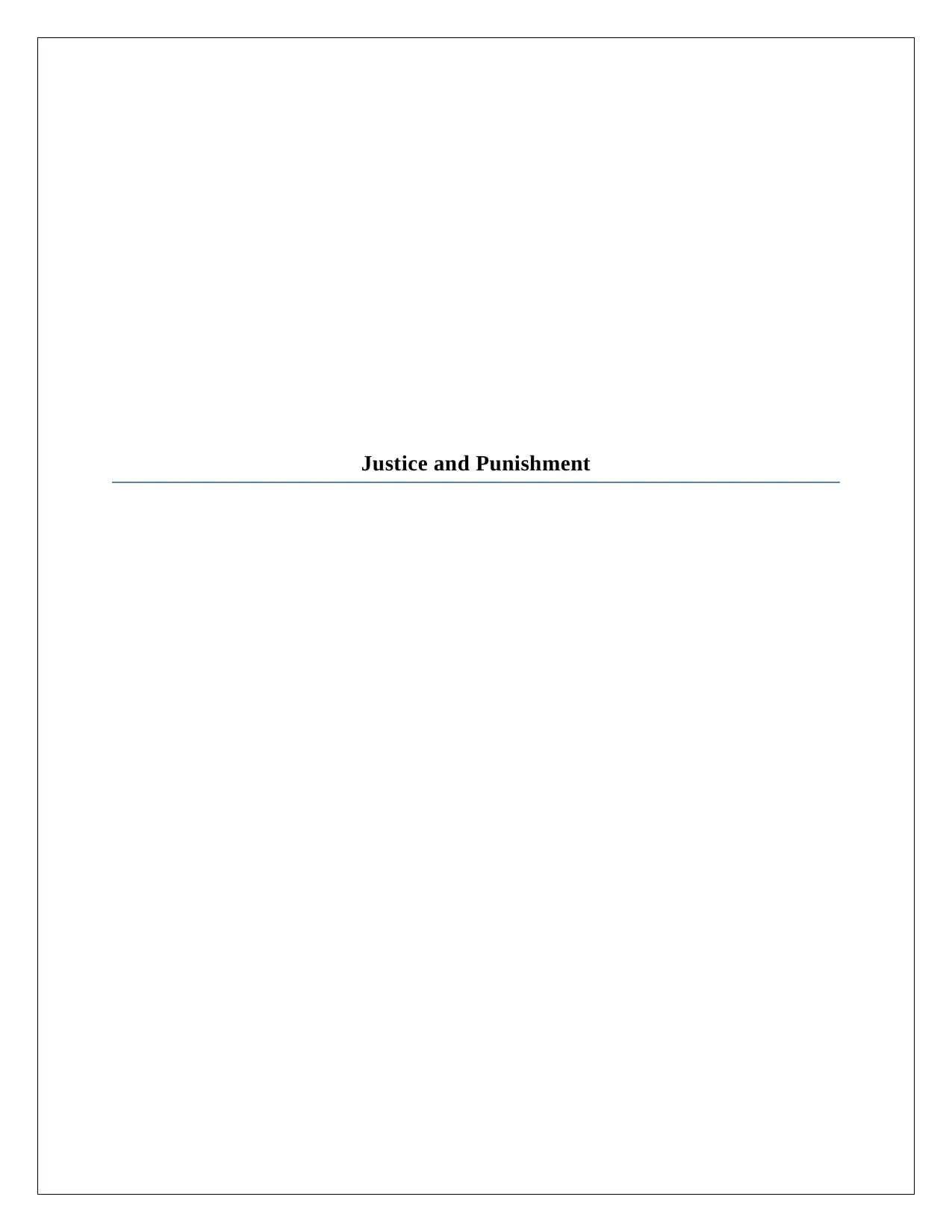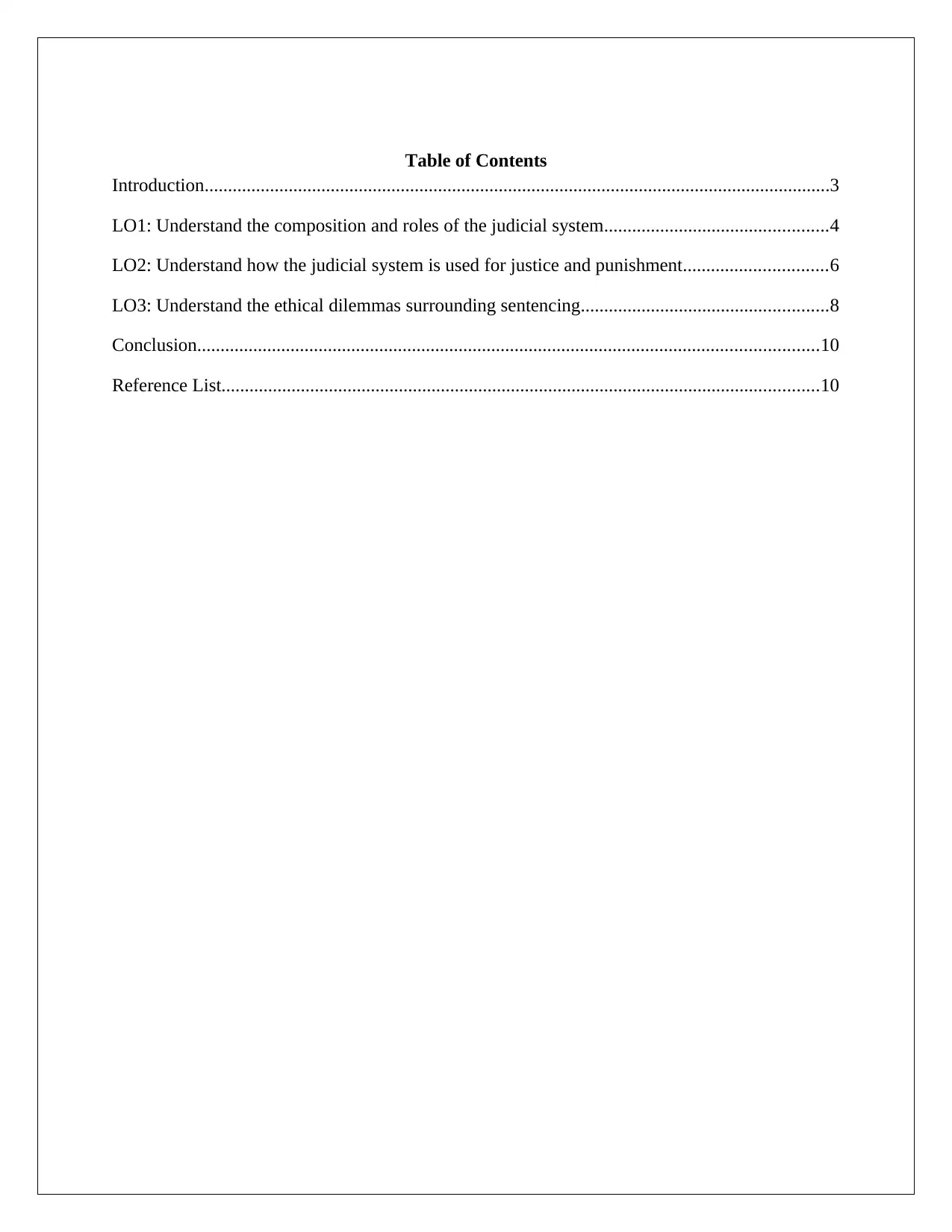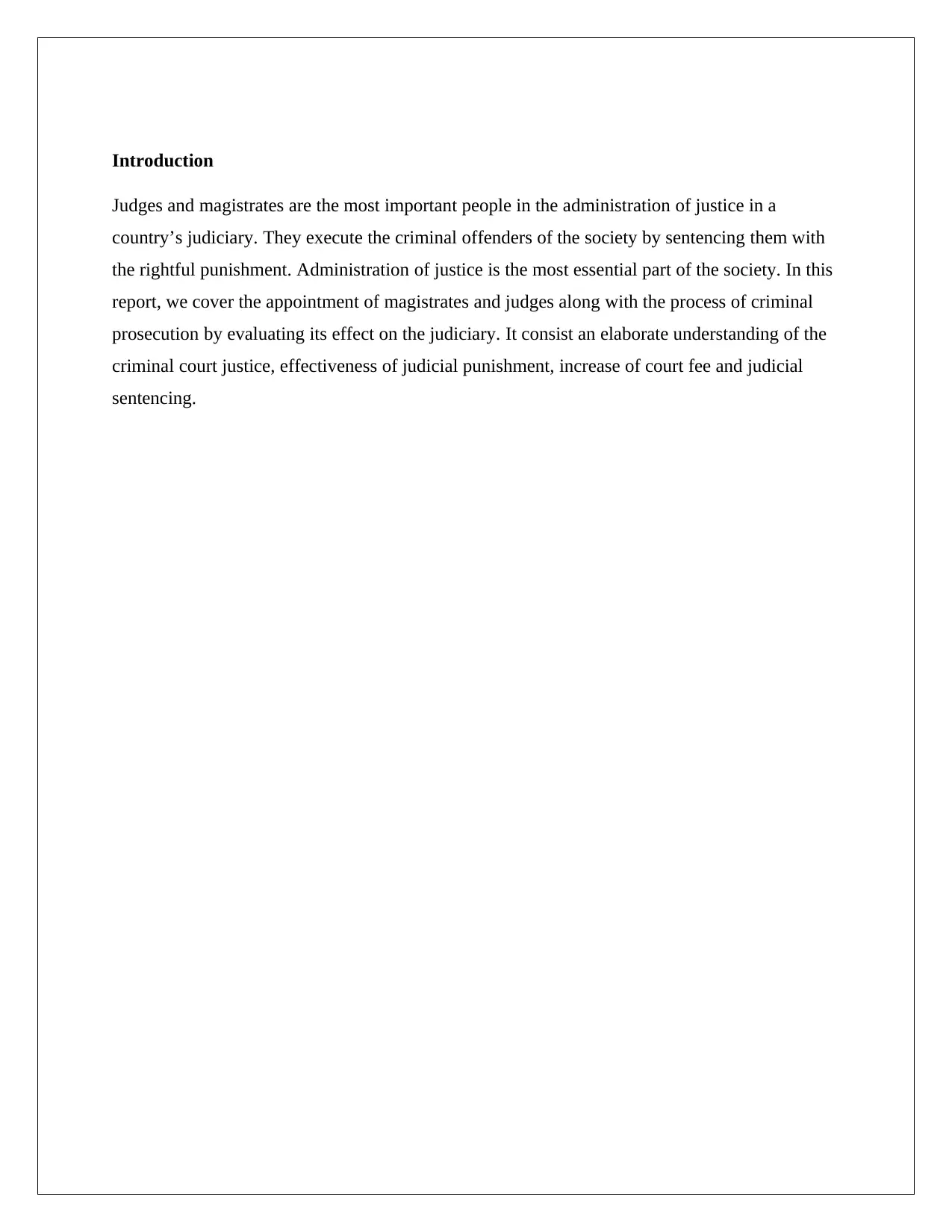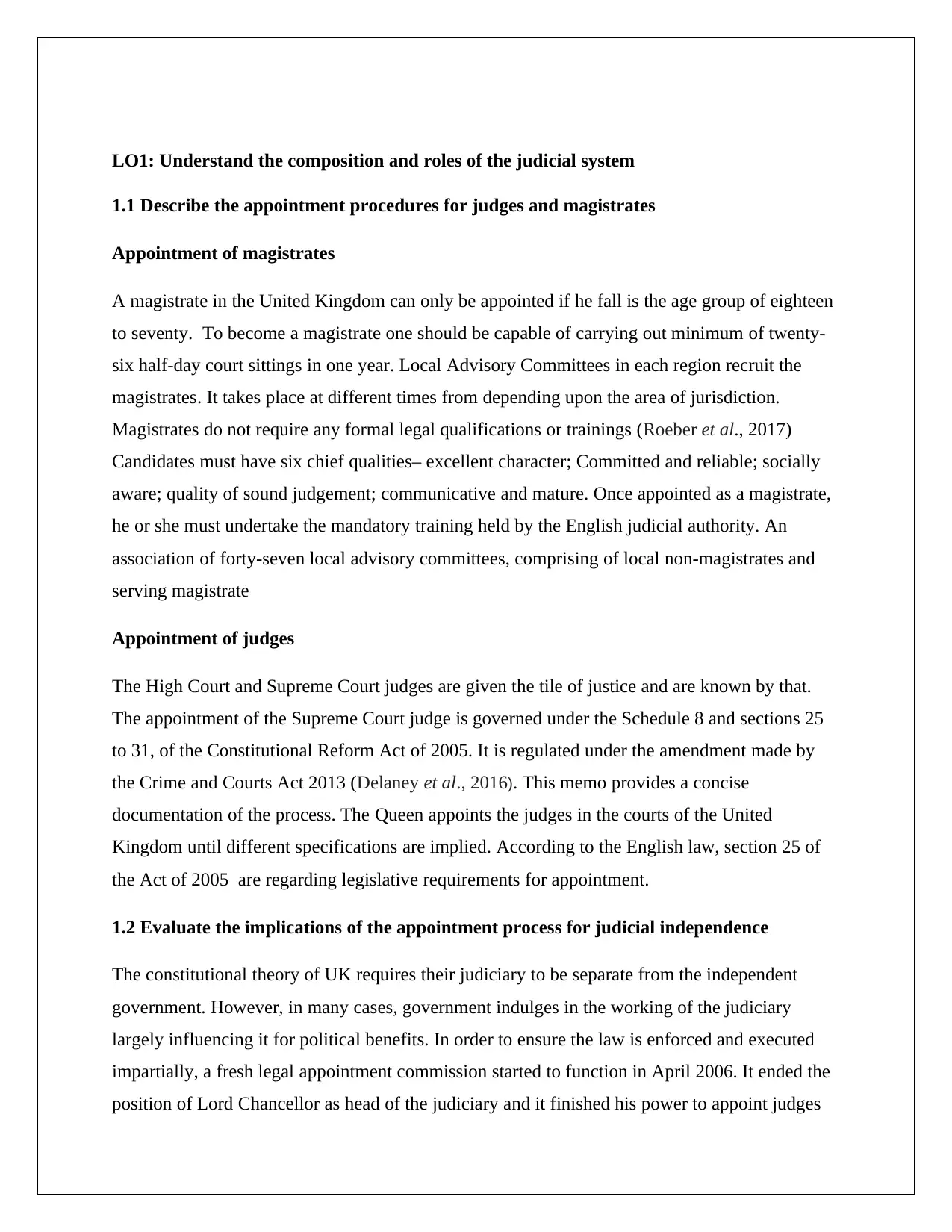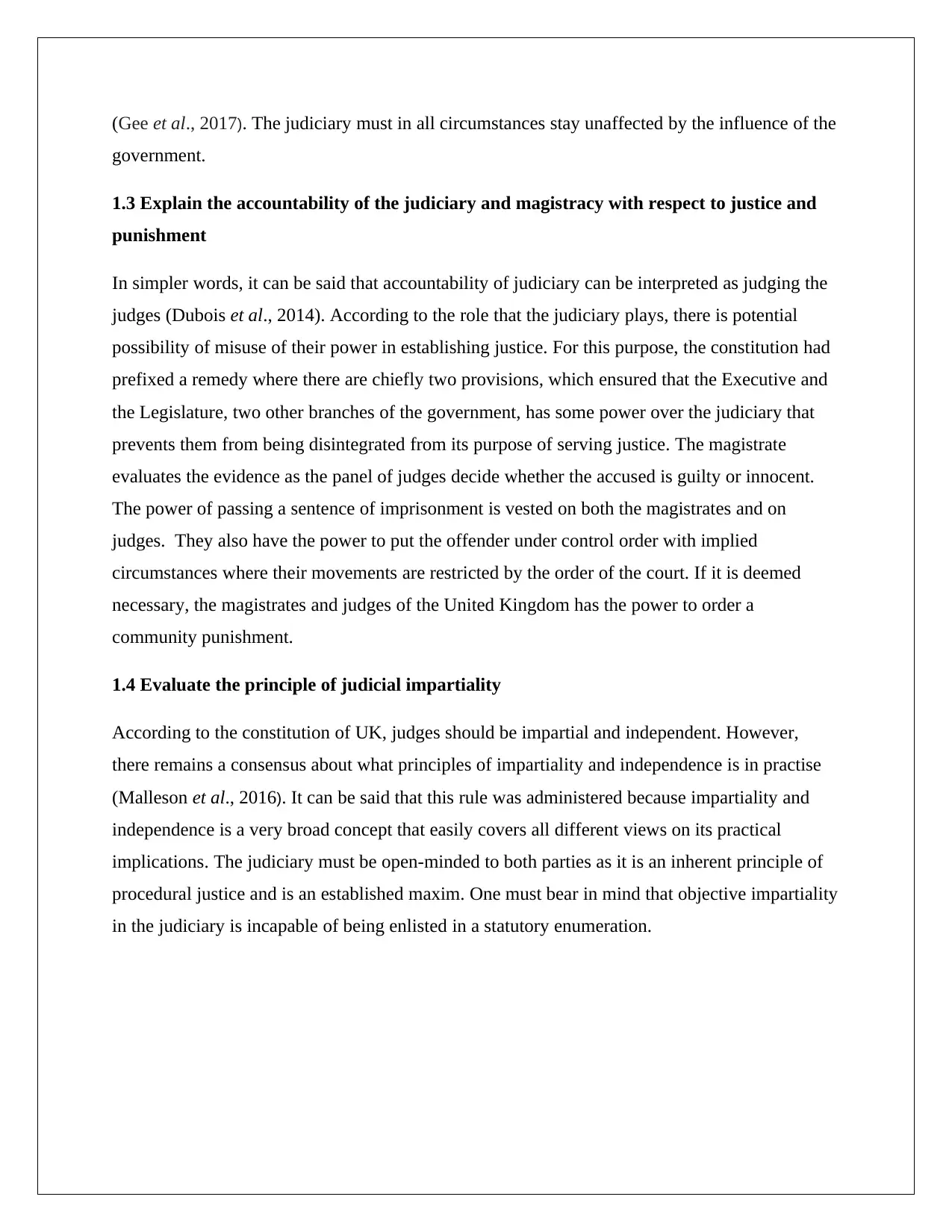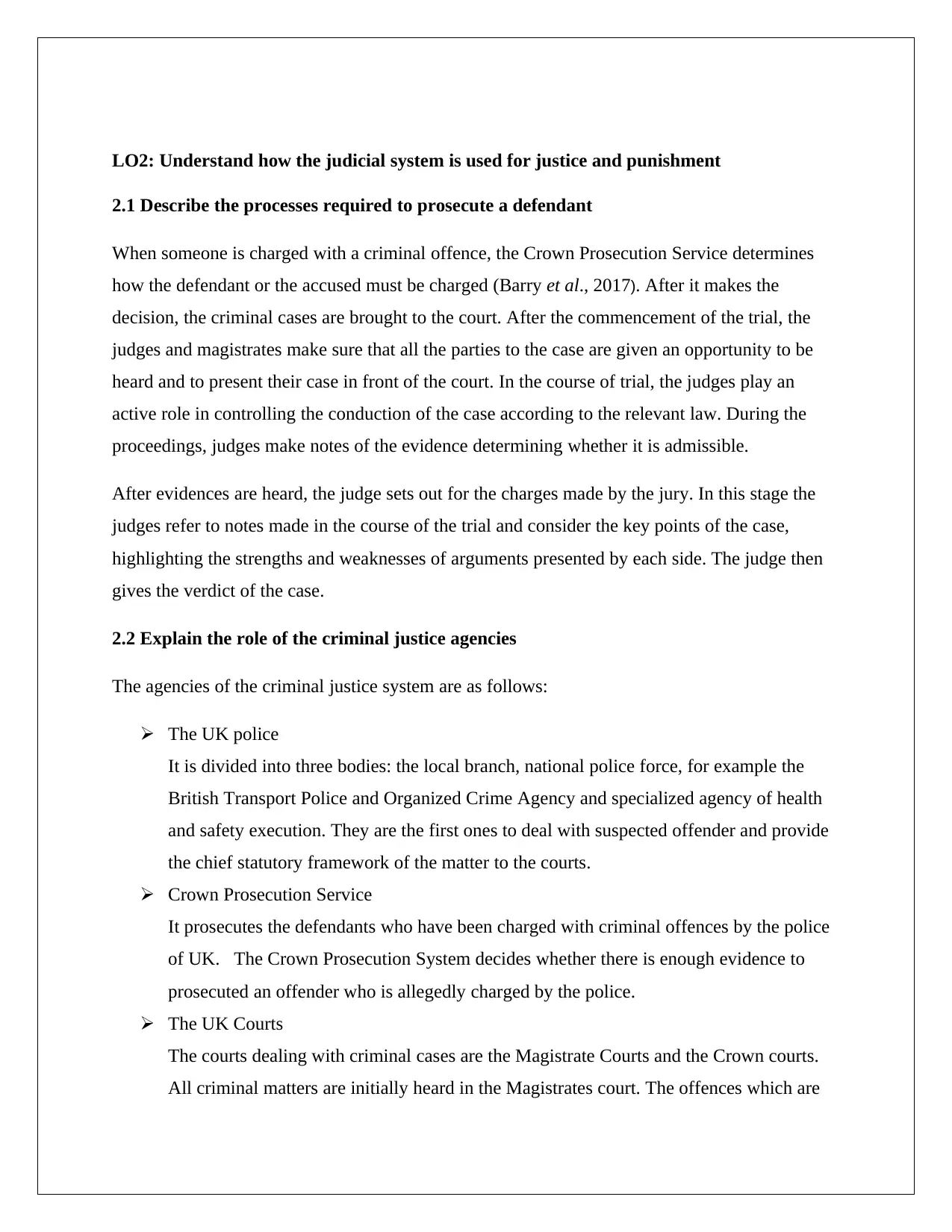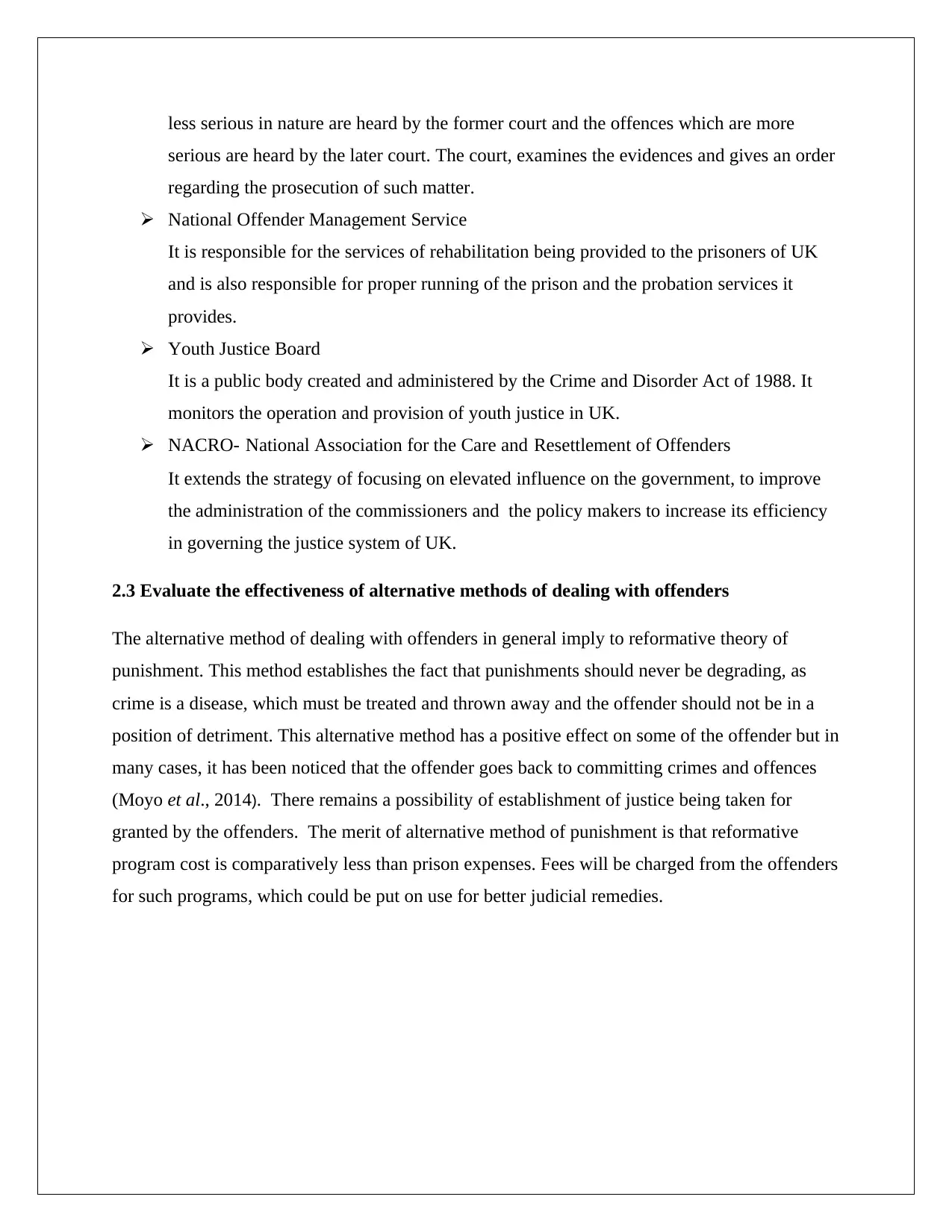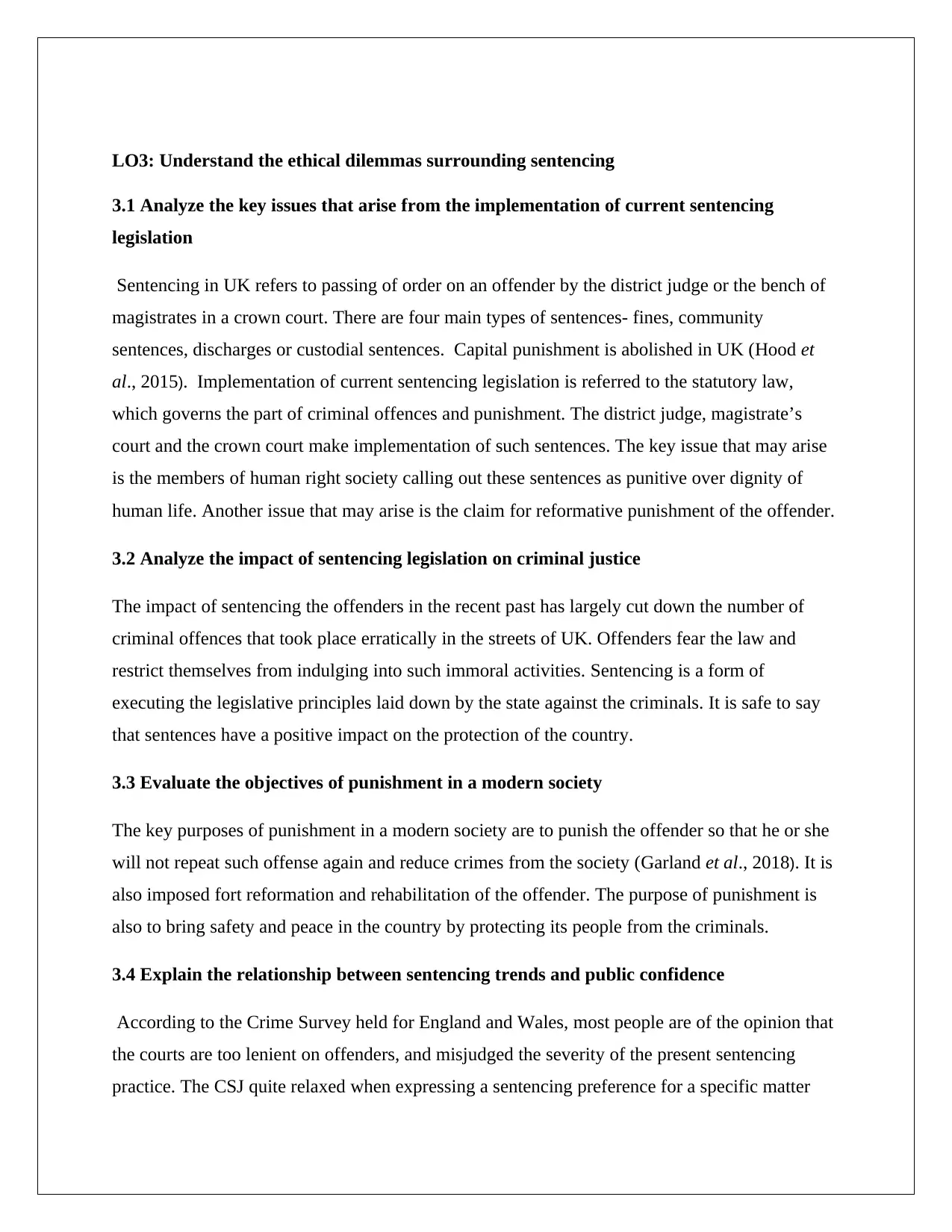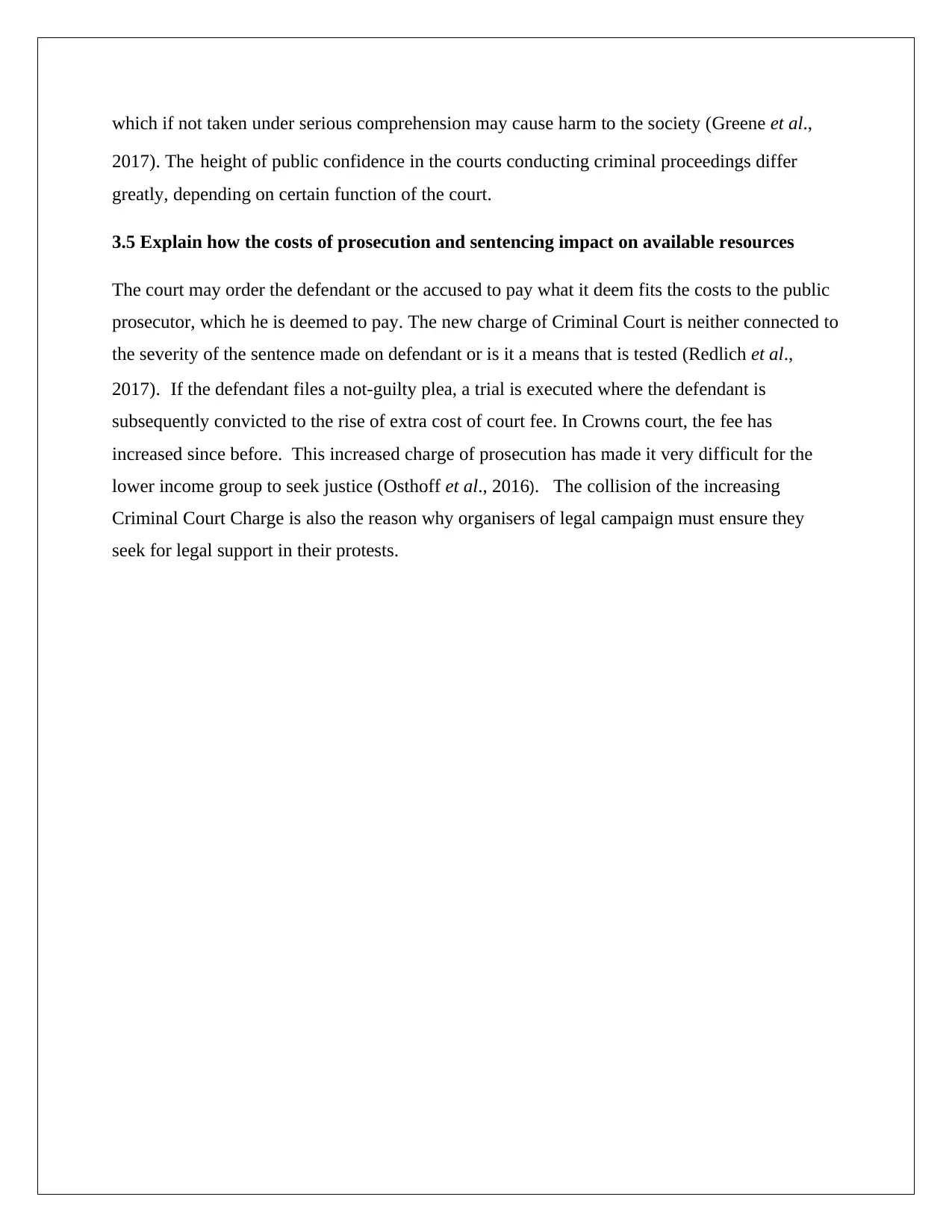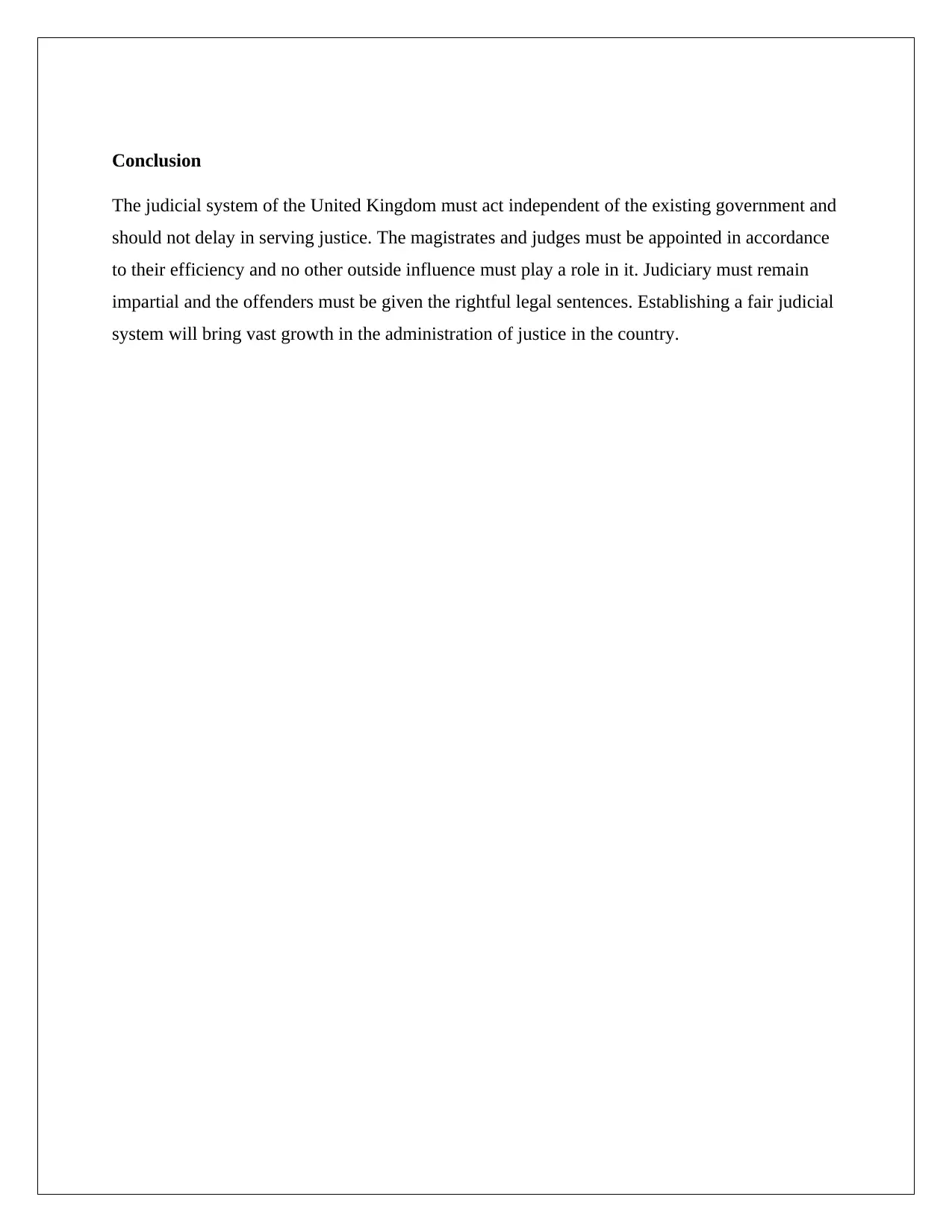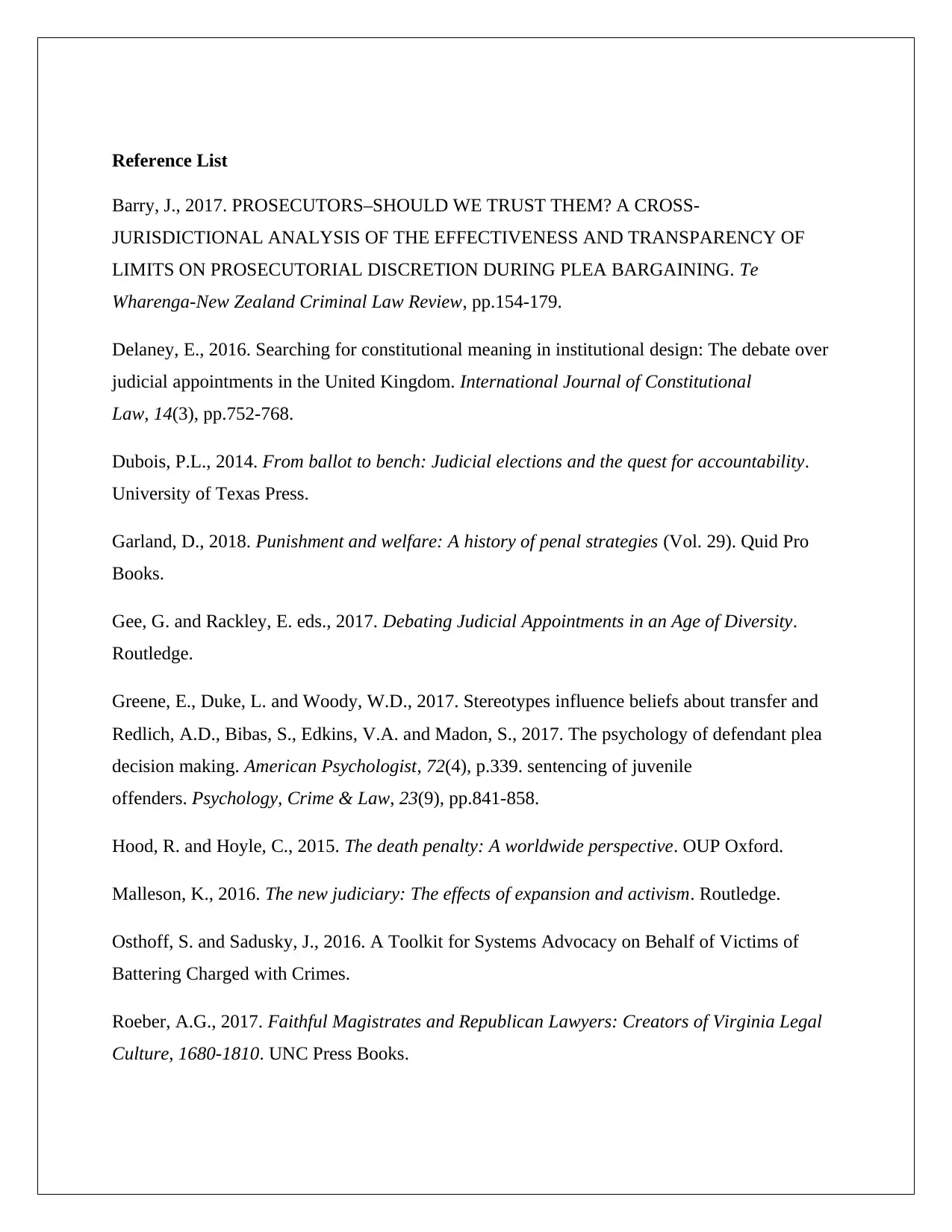This report explores the composition and roles of the judicial system in the United Kingdom, focusing on the appointment of judges and magistrates, their accountability, and the principle of judicial impartiality. It delves into the processes involved in prosecuting a defendant, the role of criminal justice agencies, and the effectiveness of alternative methods of dealing with offenders. The report also examines the ethical dilemmas surrounding sentencing, analyzing key issues arising from current legislation, its impact on criminal justice, and the objectives of punishment in a modern society. Finally, it explores the relationship between sentencing trends and public confidence, and the impact of prosecution and sentencing costs on available resources.
![[object Object]](/_next/static/media/star-bottom.7253800d.svg)
![[object Object]](/_next/static/media/star-bottom.7253800d.svg)
